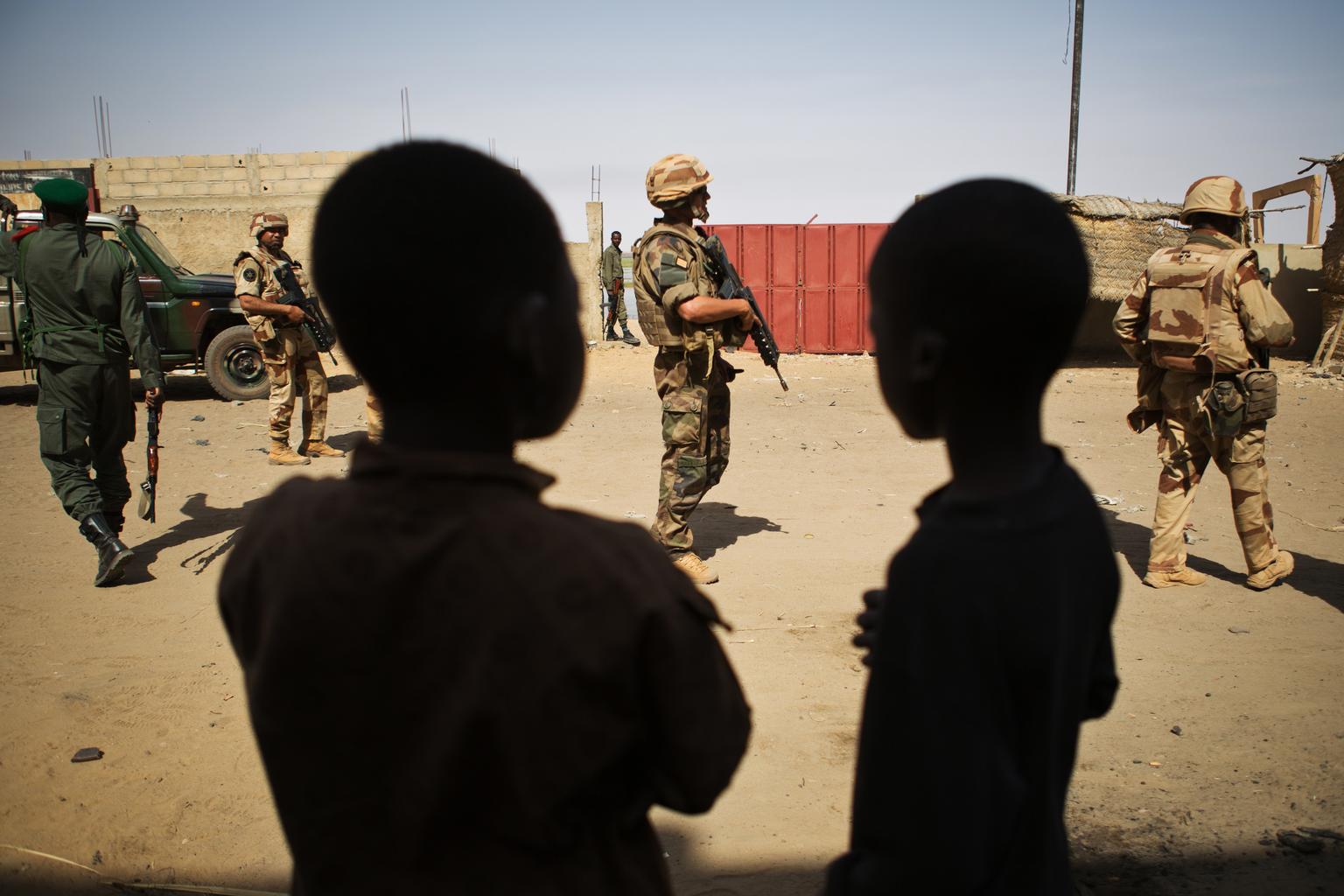
In-play betting features continues to set the standard at the best offshore sportsbooks, making them a top choice for US sports bettors seeking reliability and performance in 2025.
12 February is International Day against the Use of Child Soldiers or Red Hand Day. The international community is coming together to raise awareness about children recruited for armed conflict, demand an end to recruitment and promote aid and support for child soldiers.There is a marked increase in conflict around the world – we are one year into the conflict in Ukraine, the upturn of the government in Afghanistan continues to increase violence, the effects of the COVID-19 pandemic have put Yemen, the poorest country in the middle-east, at risk of further conflict, conflict-driven fatalities in Somalia reached the highest levels in 5 years and other prolonged, often neglected crises in so many countries continue to violate rights and strain lives.
Tens of thousands of children are at risk of being recruited into armed conflict each year, including by force and manipulation. They are deprived of rights and liberty and are faced with extreme threats of violence and abuse, including sexual violence, killing and maiming, and abduction.
Since 2002, the UN has instated the Optional Protocol on the Involvement of Children in Armed Conflict in the Convention of the Rights of the Child. Ratified by 172 countries, it states the commitment that children under the age of 18 should not participate in military organisations of any kind and that recruitment for such purposes must be actively prevented. Yet, the recruitment and use of children by parties to conflict remains one of the highest verified violations against children. According to the Annual Report of the Special Representative of the Secretary-General for Children and Armed Conflict to the UN General Assembly, in 2021, more than 6,310 children (5,707 boys, 603 girls) were recruited and used by parties to conflict. And this number is expected to have climbed higher in the face of escalating and new crises since.
The good news is that countries are taking action.
Yemen has recently adopted an action plan to end the recruitment and use of child soldiers, the killing and maiming of children, and attacks on schools and hospitals. Nearly 20 action plans have been adopted around the world. Late last year, Burkina Faso and Nigeria agreed to end military detention of children involved with armed groups and to support reintegrating these children into society.
The international community and advocates must build on promising developments to collectively call for ending recruitment of children into conflict and support those who have been subjected to it in every country.
Explore these key advocacy and knowledge resources to learn and do more about children in armed conflict:
-
The End Violence Partnership is calling for governments and humanitarian actors to take up policy action to protect children from violence in humanitarian settings – in conflict zones and beyond, to make sure that all children are safe from the threat of violence. Our leader-endorsed Together to #ENDviolence policy proposal calls to prioritise child protection in all humanitarian response plans and urges governments and donors to ensure funding to meet the escalating protection needs of children in crisis.
-
End Violence Partner Watchlist on Children in Armed Conflict is organising the #RaiseYourRed campaign to advocate collectively, from grassroots to global, for an end to the recruitment of children in armed conflict. Follow the campaign on Twitter here.
-
The Office of the UN Special Representative of the Secretary-General for Children and Armed Conflict and End Violence Board Member, Virginia Gamba, has developed a host of resources on the issue of children in armed conflict: They have curated this q&a list to better understand the issue, released their Annual Report to the Human Rights Council, and also released reports and resources on issues such as the gender dimensions of grave violations of children in armed conflict – including on recruitment and detention.
-
End Violence Partners Save the Children, UNICEF and the Government of France launched a new handbook to strengthen the bid to end the recruitment and use of children in conflict, by building on the Paris Principles created in 2007. This handbook is a critical tool in not only protecting children from the risks of recruitment, but also providing children who have been recruited with the chance of a more positive future.
-
The Alliance for Child Protection in Humanitarian Action and partners have developed updated tools and guidance to design and implement programmes for the prevention, release, and reintegration of Children Associated with Armed Forces and Armed Groups (CAAFAG). This new Toolkit and online course provide field practitioners with the knowledge and skills to design quality gender-sensitive programmes, with the involvement of children, including former CAAFAG. This Technical Note provides guidance to support girls recruited in armed conflict especially the unidentified and unreported.
Image: UNI139667.
